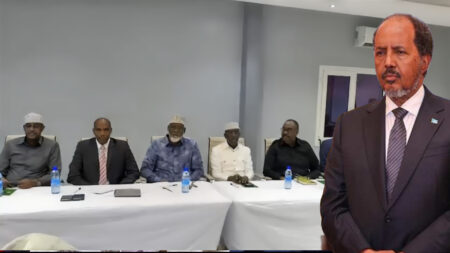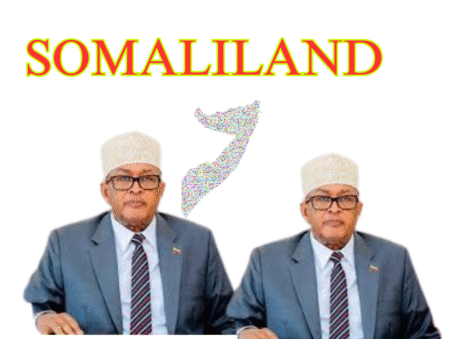Somalia and Türkiye Deepen Energy Ties as Turkish Drilling Vessels Head to Somali Waters.
A high-level Somali delegation, led by Minister of Petroleum and Mineral Resources Mr. Dahir Shire Mohamed, recently visited Turkish oil drilling ships in the Black Sea. This visit marks a significant step in the burgeoning energy partnership between Somalia and Türkiye as Turkish vessels, including the renowned Fatih, prepare to embark on exploration missions off the Somali coast.
The collaboration stems from a hydrocarbon exploration and production agreement signed between the two nations in March 2024. Under this deal, the Turkish Petroleum Corporation (TPAO) secured exclusive rights to explore and produce hydrocarbons in three offshore blocks within Somalia’s maritime territory. These blocks, each spanning approximately 5,000 square kilometers, are situated between 50 to 100 kilometers from the Somali shoreline.

In October 2024, Türkiye dispatched its seismic research vessel, Oruç Reis, to Somalia to commence extensive three-dimensional seismic surveys. Accompanied by a 50-member crew and five support ships, the vessel’s mission is to gather critical geological data to identify potential drilling sites. As of February 2025, the Oruç Reis had completed 50% of its seismic studies, with data analysis underway in Ankara to determine viable drilling locations.

Türkiye has committed naval support to safeguard these operations, deploying warships to monitor and protect exploration activities from piracy and other regional threats.
The Somali government views this partnership as a catalyst for economic growth and energy independence. President Hassan Sheikh Mohamud officially welcomed the Oruç Reis upon its arrival in Mogadishu, underscoring the strategic importance of this collaboration.
This alliance aims to unlock Somalia’s untapped hydrocarbon reserves and signifies a deepening of diplomatic and economic ties between Somalia and Türkiye. As exploration progresses, both nations anticipate mutual benefits that could reshape the energy landscape of the Horn of Africa.
For more updates on this developing story, visit Qaran24.com.




